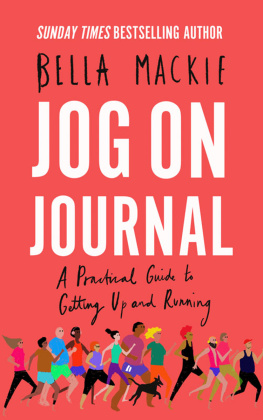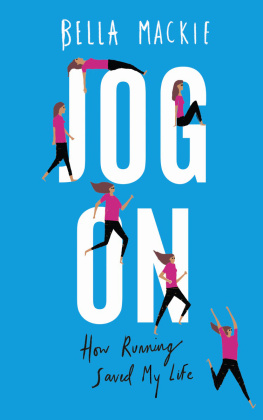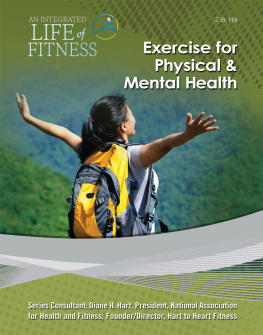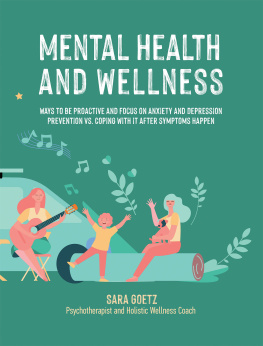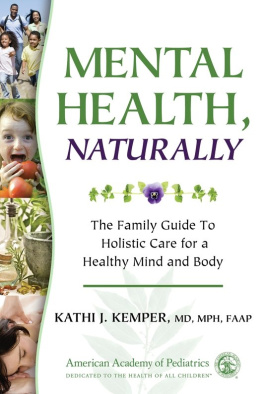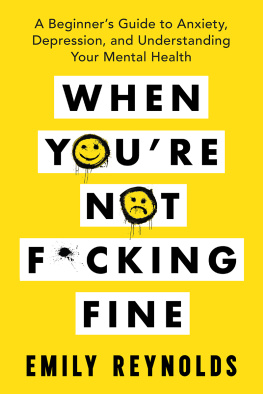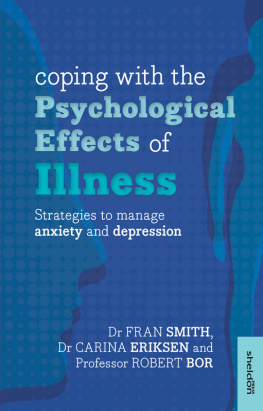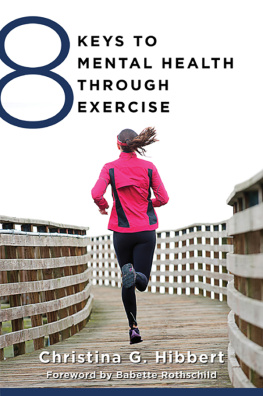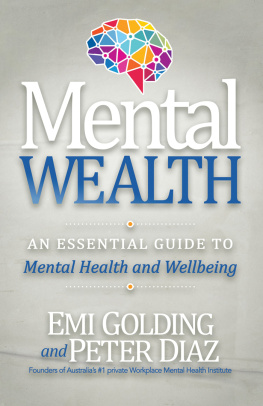CONTENTS
Contents
Guide
JOG ON JOURNAL
A Practical Guide to Getting Up and Running
Bella Mackie

William Collins
An imprint of HarperCollinsPublishers
1 London Bridge Street
London SE1 9GF
www.WilliamCollinsBooks.com
This eBook first published in Great Britain by William Collins in 2019
Copyright Isabella Mackie 2019
Illustrations by Anna Morrison
Isabella Mackie asserts the moral right to be identified as the author of this work
A catalogue record for this book is available from the British Library
Information on previously published material appears .
All rights reserved under International and Pan-American Copyright Conventions. By payment of the required fees, you have been granted the non-exclusive, non-transferable right to access and read the text of this e-book on-screen. No part of this text may be reproduced, transmitted, down-loaded, decompiled, reverse engineered, or stored in or introduced into any information storage and retrieval system, in any form or by any means, whether electronic or mechanical, now known or hereinafter invented, without the express written permission of HarperCollins
Source ISBN: 9780008370039
Ebook Edition November 2019 ISBN: 9780008370046
Version: 2021-01-21
For everyone
who got in contact with me
after Jog On came out and trusted me
with their mental health stories
this journal is for you

Hello. Welcome to my diary where Ill be writing down my innermost secrets and talking about boys I fancy.
Oh no, wait, this isnt that kind of journal. This is a journal for YOU. And while youre welcome to write about boys (or girls) as much as you want in it, Ill be focusing more on mental health and how running might be able to help you. Some of you will know that I wrote a book called Jog On some of you might have read it. Its OK if you havent (but, yknow, feel free to pick up a copy, my dog needs to be kept in bones) because this journal will hopefully be a space for those who read the book AND for those who didnt but still would like to know more about the link between mental health and going for a jog.

Jog On is a book I wrote about my experience with anxiety a horrible condition which makes life feel incredibly scary and can leave you feeling unable to cope with the everyday. I wrote it to show other sufferers that they are not alone, and to promote jogging as one tool to help with such issues. For me, running made me feel stronger than I ever had, it gave me back some independence (which mental illness often robs from you) and it showed me how strong the link between my brain and my body is a link I think we often ignore in the modern world.
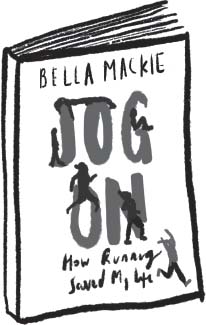
In five years of running, Ive stopped having the panic attacks which paralysed me. Ive been able to go to places that my anxious brain wouldve prevented me from visiting. Ive taken on challenges that I wouldve hidden away, and Ive graduated from a life half lived to one that feels full and exciting not tinged with fear and endless panic. I still have moments of anxiety and low mood after all, running is not a cure-all (nothing is) but Im mostly able to dig myself out of these moments now, and for that, I credit my daily jogs. I can draw a direct line from that first short run I took to where I am now, and Im far from the only person to feel this way. As the legendary runner and author George Sheehan once said: The obsession with running is really an obsession with the potential for more and more life.
The response to Jog On was bigger and more emotional than I could ever have dreamed. I wrote it honestly and openly, hoping that it might help a few people and make my family understand my brain a bit better. But it ended up being a best-seller, and Ive had thousands of messages from people who read it, either telling me about their own battles with mental health or asking for tips about how to get into running. It made me realise that one person being really honest about their mental health can produce a knock-on effect. Being blunt about my weirdest thoughts and scariest moments seemed to help other people open up and talk about theirs. Its a hard thing to do especially when you feel as though other people will judge you or recoil. But its really the only way to shrug off the long-held stigma surrounding mental illness and more importantly its the only way to help yourself. Its nice being alive at a time in history when were dismantling the traditional stereotypes about mental health, but its even nicer being able to feel like you can tell an employer, a loved one or a doctor about what youre going through without fear of mockery or anger.
Despite knowing how important it is to open up to others when were feeling low or worried, sometimes its still hard to actually do it. I told parts of my story to different people for years shading in bits and holding back certain details depending on what I felt the other person could handle. And sometimes you just want to have a place to talk about this stuff without having to manage another persons expectations. So this journal will be an honest place to do that. A space to learn a bit more about mental health, somewhere to start or further your running journey, a place to reassess what you want from running and, most importantly, a home for all the thoughts you want to get out.
Theres a good reason that people have kept diaries for centuries. Though he was far from the first, Samuel Pepys is probably the most well-known diarist. He jotted his thoughts down for ten years between 1660 and 1669 and wrote over a million words many about his mistresses. (Maybe it assuaged a guilty conscience. If it did, he hid it well.) Cognitive behavioural therapy also encourages the subject to write down their thoughts a form of brain homework if you like. More on that later.
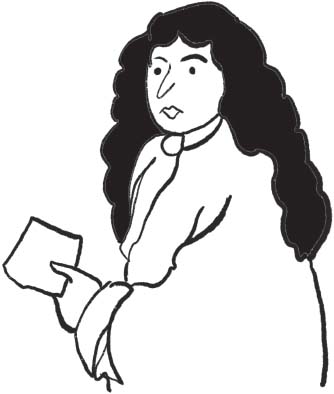
Pepys might not have made the link between his obsessive record keeping and his own mental health but modern research has. Brain scans have shown a change in the amygdala the part of the brain responsible for processing our emotions when we put pen to paper about our worries.
Think of it like a Pensieve (if youve not read Harry Potter then firstly, wow, and also, a Pensieve is a stone dish you can put your memories in when you feel like your mind is overflowing with them) somewhere to offload the stuff thats worrying you and look at it from a place slightly removed. A thought whirring around your mind gets gloopy and collects detritus as it goes round and round, making it hard to rationalise. But by looking at the thought summed up on paper, were able to see it more clearly and hopefully let go of the anxiety around it.

